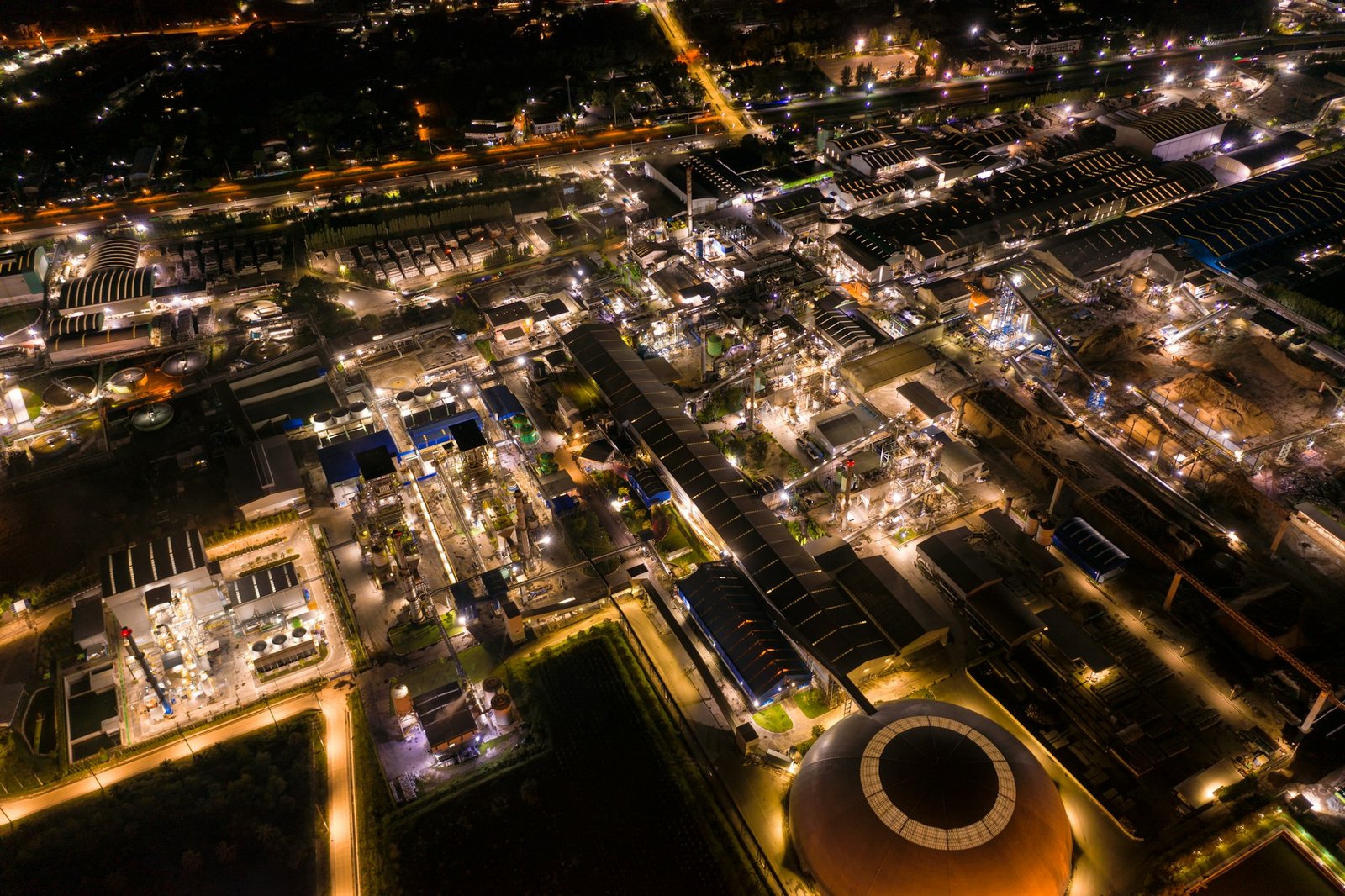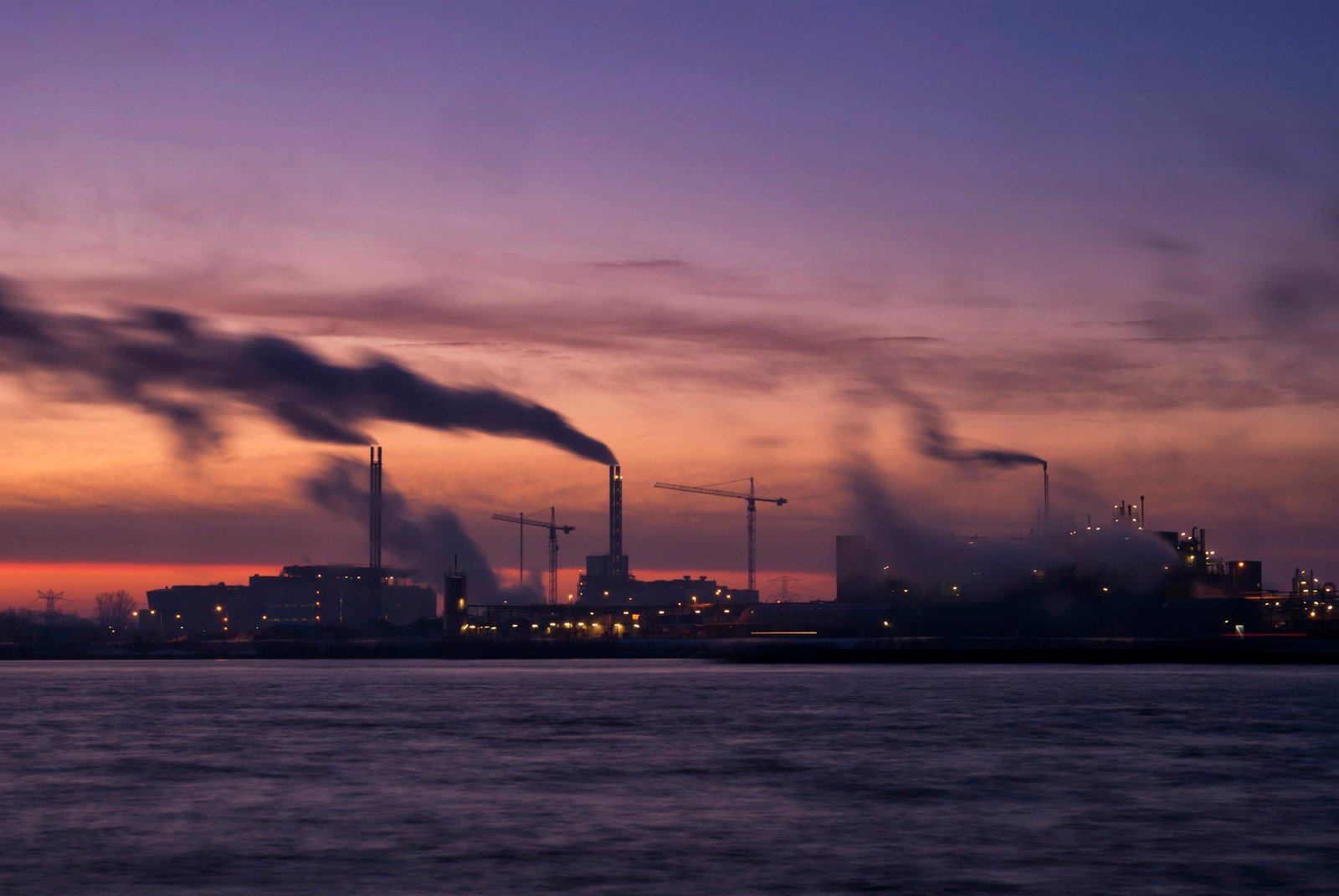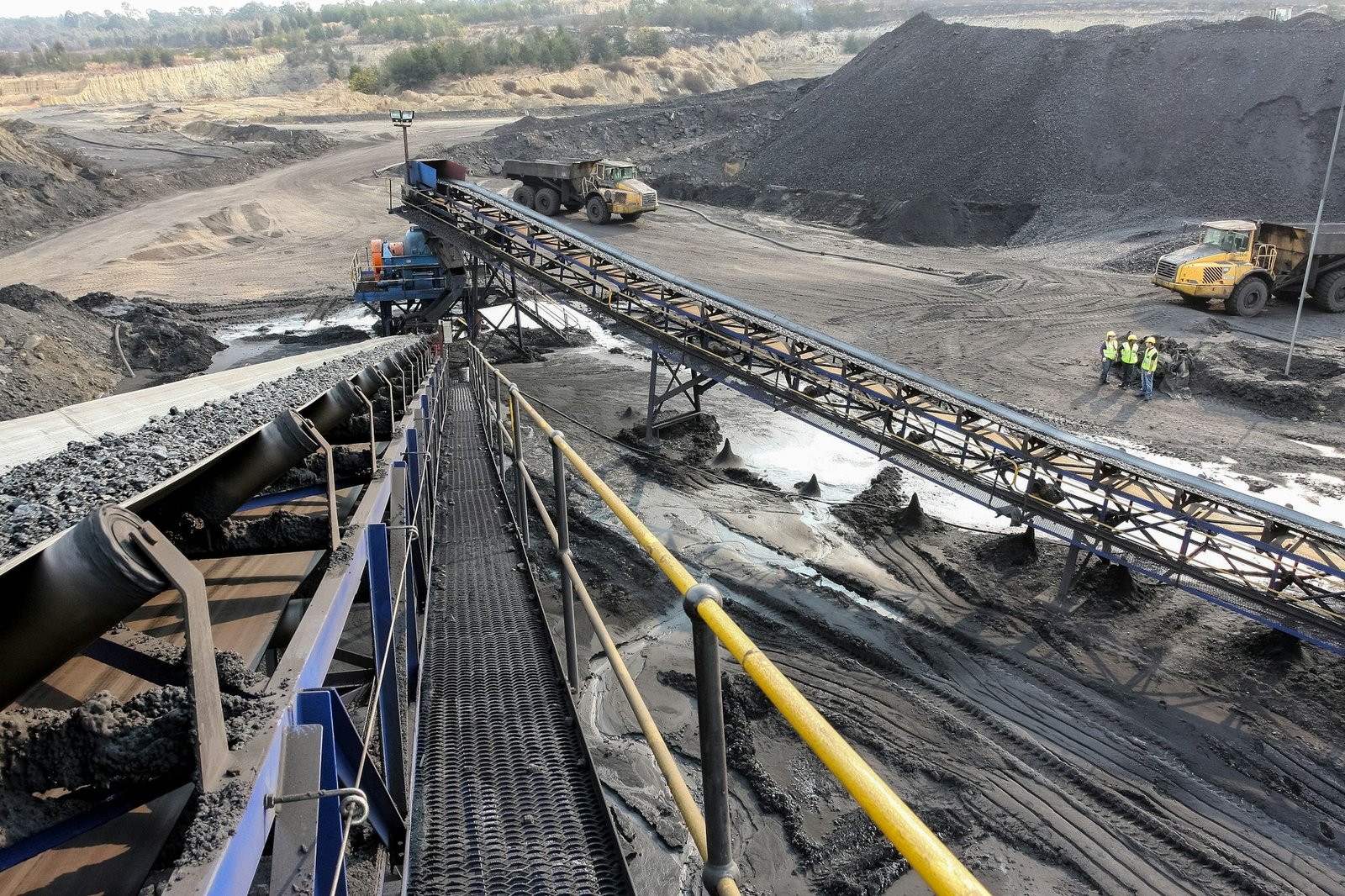In recent years, robotic process automation (RPA) has emerged as a game-changer in the chemical manufacturing industry, revolutionizing the way processes are carried out. With its ability to automate repetitive tasks, increase efficiency, and enhance precision, RPA has become an indispensable tool for chemical manufacturers looking to streamline operations and improve productivity. In this article, we delve into the benefits, applications, and future prospects of robotic process automation in chemical manufacturing.
Understanding Robotic Process Automation (RPA)
What is Robotic Process Automation?
Robotic process automation (RPA) involves the use of software robots or artificial intelligence (AI) to automate repetitive, rules-based tasks traditionally performed by humans. These robots mimic human actions by interacting with digital systems and software applications to execute tasks with speed and accuracy.
Benefits of Robotic Process Automation
RPA offers several key benefits for chemical manufacturing companies:
- Increased Efficiency: By automating repetitive tasks, RPA reduces the time and effort required to complete processes, leading to increased efficiency and productivity.
- Improved Accuracy: Robots perform tasks with a high level of precision and consistency, minimizing errors and improving data accuracy.
- Cost Savings: RPA eliminates the need for manual labor, reducing labor costs and freeing up human resources for more value-added activities.
- Enhanced Compliance: RPA ensures adherence to regulatory requirements and industry standards by consistently following predefined rules and procedures.
- Scalability: RPA solutions can be easily scaled up or down to accommodate changing business needs and production volumes.
Applications of RPA in Chemical Manufacturing
Production and Assembly
In chemical manufacturing, RPA can automate various production and assembly tasks, such as mixing ingredients, filling containers, labeling products, and packaging finished goods. By automating these processes, manufacturers can increase throughput, reduce cycle times, and improve product consistency.
Quality Control and Testing
RPA can be used to automate quality control and testing processes in chemical manufacturing, including sample analysis, product inspection, and testing for impurities or defects. Robots equipped with sensors and cameras can perform these tasks with precision and accuracy, ensuring compliance with quality standards and specifications.
Inventory Management
RPA can streamline inventory management processes, including inventory tracking, stock replenishment, and warehouse management. Robots can automatically monitor inventory levels, generate purchase orders, and optimize stock levels to prevent stockouts or overstocking, improving supply chain efficiency.
Future Prospects of RPA in Chemical Manufacturing
Advanced Analytics and Predictive Maintenance
Future advancements in RPA technology will enable chemical manufacturers to leverage advanced analytics and predictive maintenance capabilities. Robots equipped with AI algorithms can analyze production data in real-time, identify trends and patterns, and predict equipment failures or maintenance needs, minimizing downtime and optimizing asset performance.
Integration with Internet of Things (IoT)
Integration of RPA with the Internet of Things (IoT) will enable seamless communication and collaboration between robotic systems and connected devices. Robots can interact with IoT-enabled sensors, actuators, and equipment to perform tasks autonomously, optimize energy consumption, and enable remote monitoring and control of manufacturing processes.
Adoption of Artificial Intelligence (AI)
The integration of RPA with artificial intelligence (AI) technologies such as machine learning and natural language processing will enable robots to perform more complex tasks and adapt to changing environments. AI-powered robots can learn from experience, make autonomous decisions, and continuously improve performance, driving further efficiency gains in chemical manufacturing.
FAQs
1. What is robotic process automation (RPA)?
Robotic process automation (RPA) involves the use of software robots or artificial intelligence (AI) to automate repetitive, rules-based tasks traditionally performed by humans in manufacturing processes.
2. What are the benefits of RPA in chemical manufacturing?
The benefits of RPA in chemical manufacturing include increased efficiency, improved accuracy, cost savings, enhanced compliance, and scalability.
3. What are some applications of RPA in chemical manufacturing?
Applications of RPA in chemical manufacturing include production and assembly, quality control and testing, inventory management, and more.
4. What are the future prospects of RPA in chemical manufacturing?
Future prospects of RPA in chemical manufacturing include advanced analytics and predictive maintenance, integration with Internet of Things (IoT) technologies, and adoption of artificial intelligence (AI) for more complex tasks.
5. How can RPA improve efficiency and precision in chemical manufacturing?
RPA improves efficiency and precision in chemical manufacturing by automating repetitive tasks, reducing errors, optimizing processes, and enabling real-time monitoring and control of manufacturing operations.





